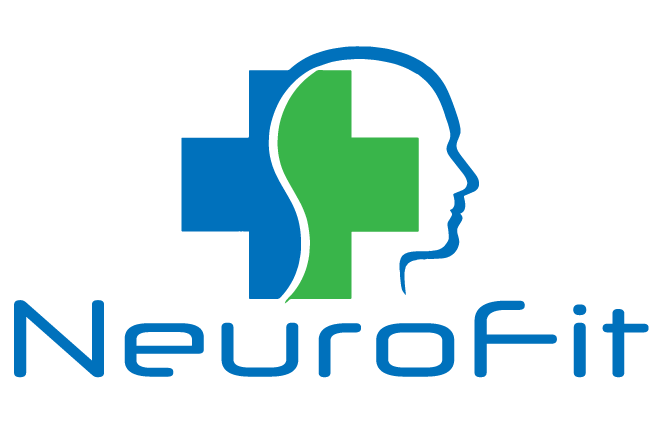Addictive disorders are usually some of the most difficult to address. Alcohol, drugs, food, gambling, and pornography are just a sampling of the most common problems. People with addictions usually KNOW what they should and shouldn’t do but have a difficult or impossible time putting that knowledge into action. From a neurological standpoint, addictions can be thought of as a problem of ineffective executive control.
Executive control, also referred to as executive function and cognitive control, refers to a set of cognitive processes that are necessary for the cognitive control of behavior: selecting and successfully monitoring behaviors that facilitate the attainment of chosen goals. When addictive patterns develop, we generally see a deficit of executive control.
Problems with attention, focus, emotional regulation, decision-making, and impulse control are just a few examples of behavioral consequences of ineffective executive control. Research suggests these deficits often occur on some level before the addictive behavior starts and are further diminished by repeated engagement in the addictive behavior.
The brain network most frequently associated with addiction is the limbic system. It contains the brain’s reward circuit. The limbic system links together a number of brain structures that control and regulate our ability to feel pleasure. Feeling pleasure motivates us to repeat behaviors that are critical to our existence. The limbic system is activated by healthy, life-sustaining activities such as eating and socializing—but it is also activated by drugs of abuse.
Once engaged in an addictive behavior, the limbic system takes control. Executive function is further diminished and those who suffer report having little to no ability to control their urges. The limbic system gets stronger while executive function suffers.
Neurofeedback is an effective tool in the treatment of addictive disorders. Neurofeedback can help normalize and strengthen the executive network, putting YOU (not your addiction) in charge of your decisions. Brain training is best used in conjunction with traditional cognitive behavioral therapy and relapse prevention techniques. Brain training isn’t a “magic pill” that will “cure” addiction. However, it can certainly give you a fighting chance through improved awareness and impulse control.

